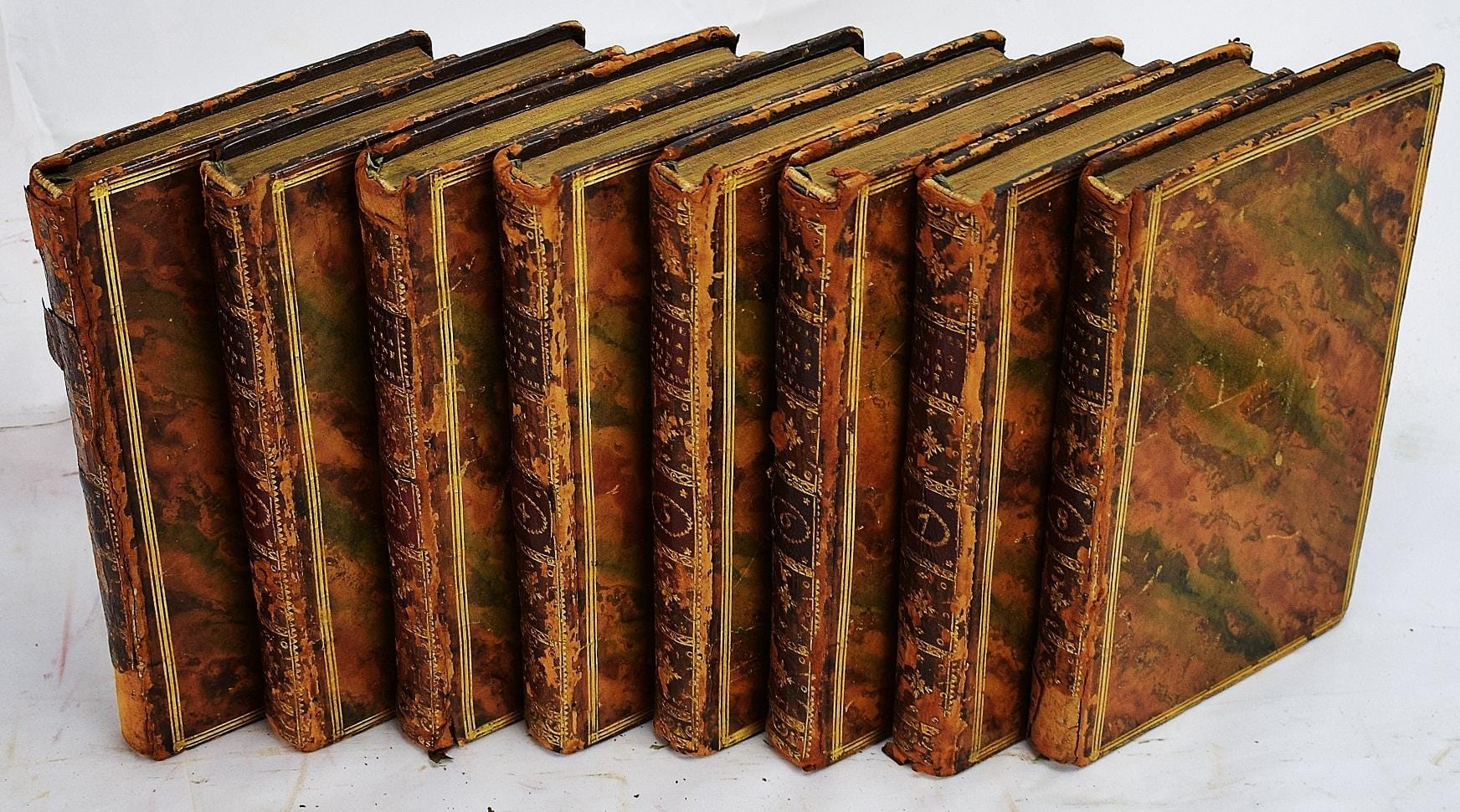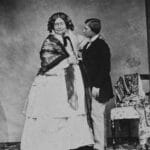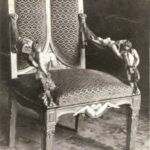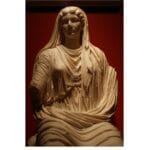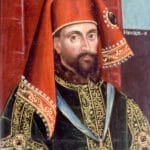A Political Gambit: Henry III of Navarre and Marguerite of Valois
France in the 16th century was a nation deeply divided. The French Wars of Religion (1562-1598), a series of brutal conflicts between Catholics and Huguenots (French Protestants), tore at the fabric of society. Into this volatile environment came a marriage engineered not for love, but for political expediency: the union of Henry III of Navarre, a Protestant, and Marguerite of Valois, a Catholic princess. Their wedding, in August 1572, was a high-stakes gamble orchestrated by Marguerite’s mother, the formidable Catherine de’ Medici, who envisioned the marriage as a bridge across the chasm of religious division.
This union, however, was fraught with challenges from the outset. The religious differences between Henry and Marguerite were not merely personal; they reflected the deep-seated animosities that plagued the nation. Could this marriage truly quell the storm, or would it become another casualty of the escalating conflict? The historical record suggests that the marriage, while intended as a unifying gesture, was probably viewed with suspicion by both Catholic and Protestant factions.
Adding to the complexity was Marguerite’s own position. While often portrayed as a mere pawn in her mother’s machinations, historical evidence suggests Marguerite was a woman of considerable intelligence and political acumen. She was likely not a passive participant in this drama, but rather a shrewd player navigating a treacherous court. Her memoirs offer a glimpse into this world, though they must be interpreted with caution, given the inherent biases of personal accounts. It’s important to note that research on this period is ongoing, and our understanding of historical actors such as Marguerite is constantly evolving.
The Massacre and its Aftermath: A Nation in Turmoil
Just days after the lavish wedding ceremony, tragedy struck. The St. Bartholomew’s Day Massacre, a horrific wave of violence against the Huguenots, erupted in Paris. While the film La Reine Margot depicts the massacre as a direct consequence of the wedding, the historical reality is likely more nuanced. The marriage undoubtedly exacerbated existing tensions, but the massacre itself was probably the result of a complex convergence of pre-existing plans, political rivalries, and simmering religious hatred.
The massacre forever stained the marriage of Henry and Marguerite, linking their union to one of the darkest chapters in French history. The couple’s relationship, already strained by religious and political pressures, further deteriorated. Rumors of infidelity, particularly on Henry’s part, circulated widely, compounded by the couple’s inability to produce an heir. This lack of an heir further destabilized the political landscape and raised questions about the future of the monarchy.
Despite the turmoil, Marguerite demonstrated resilience and agency. She protected numerous Protestants during the massacre, risking her own safety in the process. Her actions during this period challenge the simplistic portrayal of her as a mere bystander and suggest a more complex and courageous individual.
From Tragedy to Triumph: An Unlikely Path to the Throne
Despite the odds, the marriage of Henry and Marguerite played a pivotal role in shaping French history. Henry eventually ascended to the French throne as King Henry IV. His marriage to Marguerite, though ultimately ending in annulment, provided him with a crucial link to the French royal lineage. Perhaps even more significantly, Henry’s experiences during this tumultuous period likely influenced his later decision to issue the Edict of Nantes (1598), a groundbreaking decree that granted religious freedom to Protestants. This act finally brought an end to the decades of religious conflict that had ravaged France.
Marguerite’s Life Beyond the Massacre
After years of courtly intrigue and political maneuvering, Marguerite eventually returned to Paris in 1605. She reconciled with Henry IV and devoted her later years to charitable work and writing her memoirs, providing invaluable insights into the era. She died in Paris in 1615, leaving behind a complex legacy. Learn more about other influential female figures of the era, such as Drusilla of Mauretania the Younger, who also navigated the treacherous landscape of power and politics.
The Marriage’s Enduring Legacy
The marriage of Henry III of Navarre and Marguerite of Valois serves as a powerful reminder of the complex interplay of personal lives and political machinations in shaping the course of history. While born of political strategy and marred by tragedy, this union ultimately contributed to a significant turning point in French history, paving the way for religious tolerance and the rise of the Bourbon dynasty. It also provides a fascinating case study of a woman navigating the constraints and opportunities of her time, leaving an indelible mark on a turbulent era.
- Crypto Quotes’ Red Flags: Avoid Costly Mistakes - June 30, 2025
- Unlock Inspirational Crypto Quotes: Future Predictions - June 30, 2025
- Famous Bitcoin Quotes: A Deep Dive into Crypto’s History - June 30, 2025
